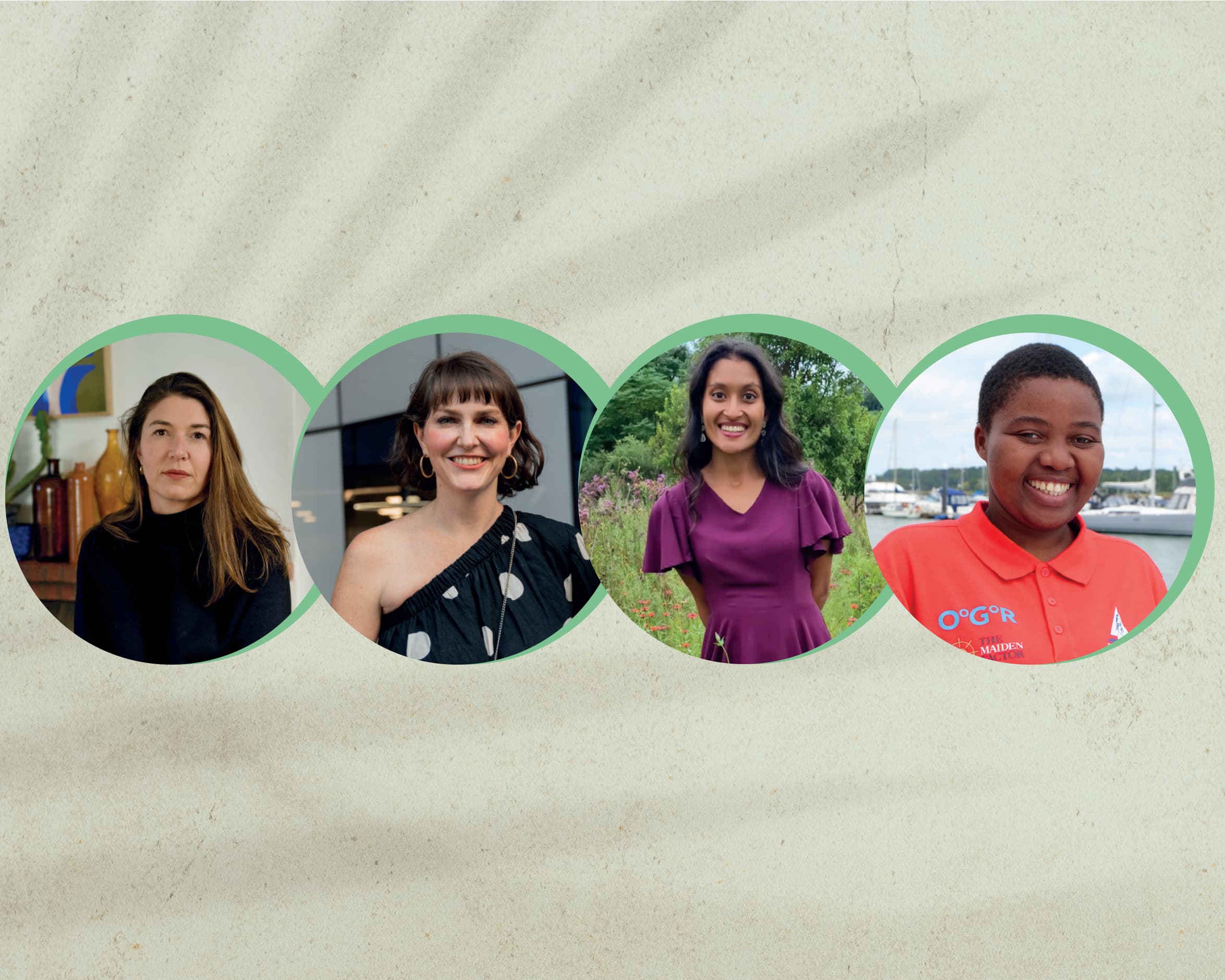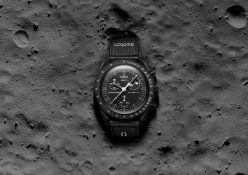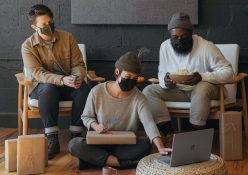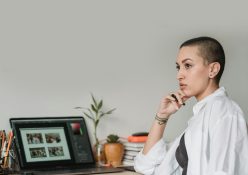Four women who are breaking boundaries, redefining industries and celebrating milestones as they strive forward in the workplace.
It’s tempting to view the corporate status quo through rose-tinted glasses – especially during Women’s Month – as barriers break down across industries and women experience previously unimaginable success. It’s just as easy to feel disheartened by the adversity that many women still face. To find the reality between these two extremes, we spoke to four women in vastly different fields to share a snapshot of the working worlds that they are leading, changing and defining in 2024 through their challenges and joyful triumphs.
Bielle Bellingham
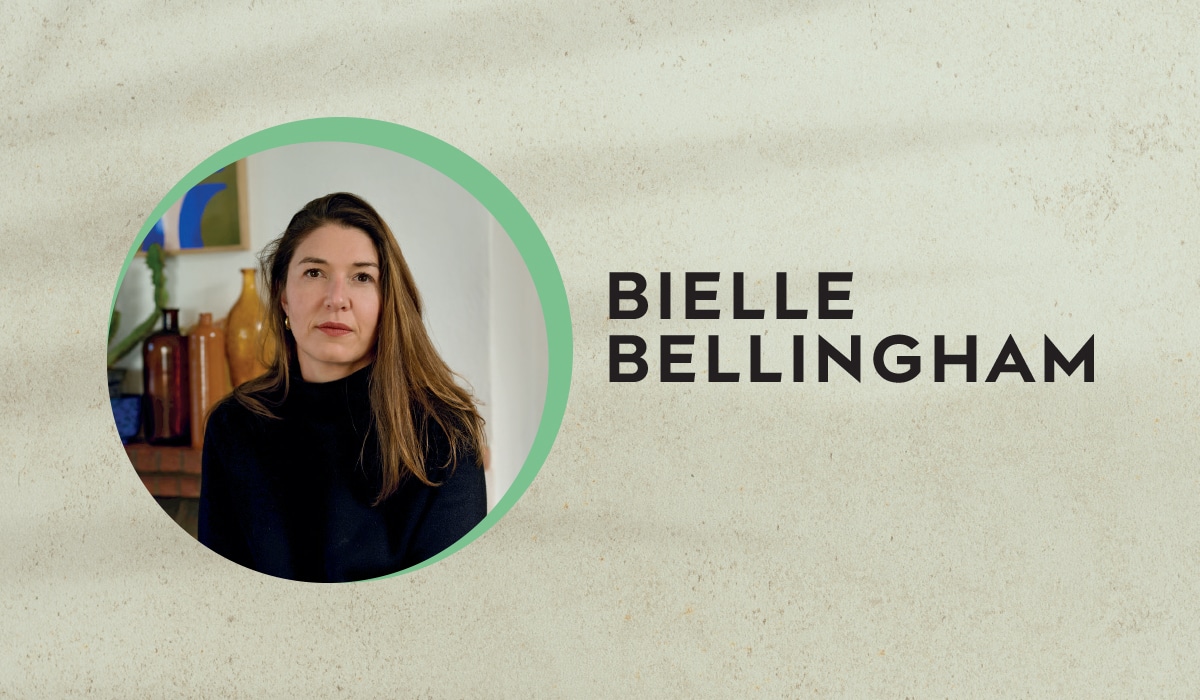
Envisioning a future of empathy and inclusivity in the design space, Bielle is cultivating different ways of working within the arts. Bielle is the curator of Decorex Africa – the biggest interior design convention in South Africa.
“I decided quite early on in life that the only way I would survive was to harden myself, squash my softness and hide my fears. I pretended to be a little fiercer and feistier than I actually am,” says Bielle. “It is only now, as I am finally leaning into my more feminine strengths, that I am learning how to navigate leading with softness, and not allowing patriarchal systems to curtail me.”

Bielle has worked at several design publications, including House and Leisure and Elle Decoration, and continues to share her expertise in House and Leisure as contributing design editor. “Working in the arts, one tends to feel overly grateful for every opportunity you get, so you compromise on adequate payment, and undervalue the importance of rest, fun and unproductive time,” Bielle says. She runs her own self-named interior design studio that offers experiential marketing and design services.
“I have always doubted myself, and therefore not set or upheld my boundaries,” she says. “And I have always over-committed. I am a little more battle-weary now, so slightly wiser but I still capitulate when offered an exciting new challenge, despite the toll it may take on me.”
Throughout her extensive career in interior design, Bielle has advocated for design as a catalyst for positive change. “I desperately want our design community to take responsibility for the change that has to happen in our industry,” Bielle says. “We need to serve a greater proportion of the population and leverage our collective impact to help regenerate the planet. Our homes are precious places that embody our society’s morals, values and intentions. I would like our interior design to signal empathy, inclusivity, diversity and optimism.”
Carlyn Frittelli Davies
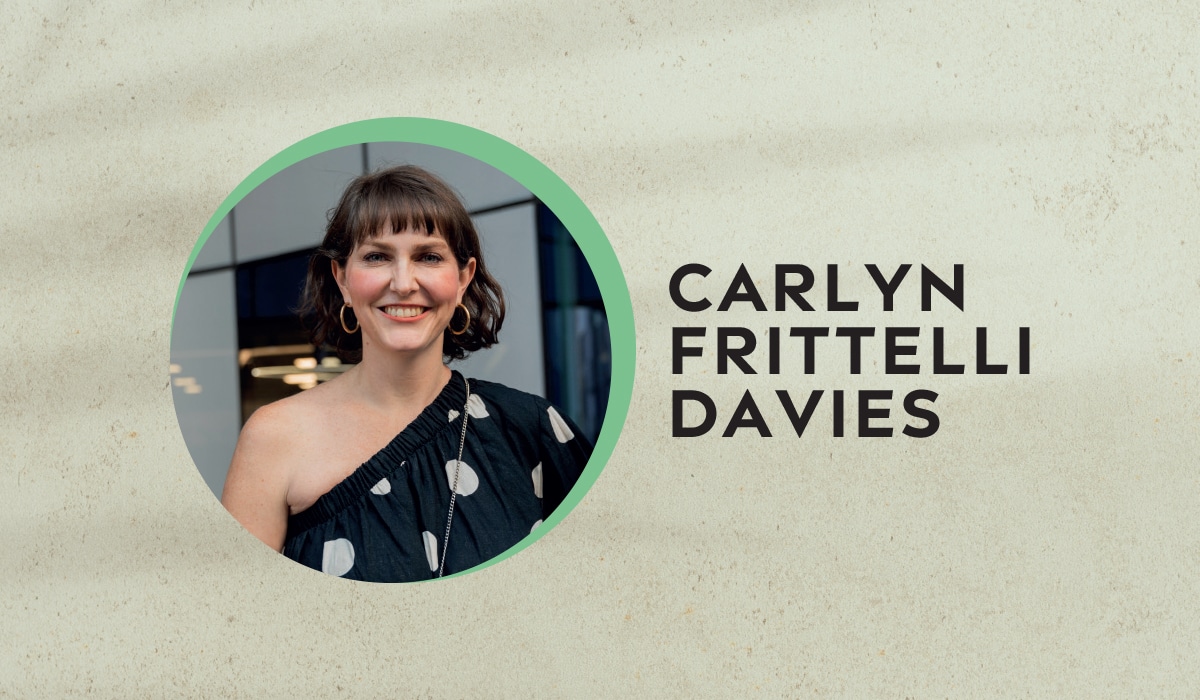
Advocating for a more environmentally-conscious world, Carlyn is passionate about climate justice and human rights. She is an environmental law consultant at ENS Africa and has dedicated her life’s work to inciting positive change for workers as well as our environment and our economy.
“I have always been passionate about social causes and love nature; I always thought I would practise human rights law,” Carlyn says. When she was studying law at the University of Pretoria, environmental law was a new and understudied area of research. Longing to be a part of this growing movement, Carlyn changed her career trajectory to focus on environmental and mining legislation.
As a mother of three, Carlyn’s interests lie particularly in the role of women in cultivating a kinder, more just world for both the environment and people. “Women are traditionally and are already at the forefront of a transition to the green economy – many just don’t realise it,” Carlyn explains. “As caregivers, for children or other families, and generally managing households, the use of water, management of waste and energy use, is already within our control. This connection is often carried through to our professional life, and advocating for change is often a natural consequence of the role we play in our households. More women simply must realise the control and potential for change they already possess.”
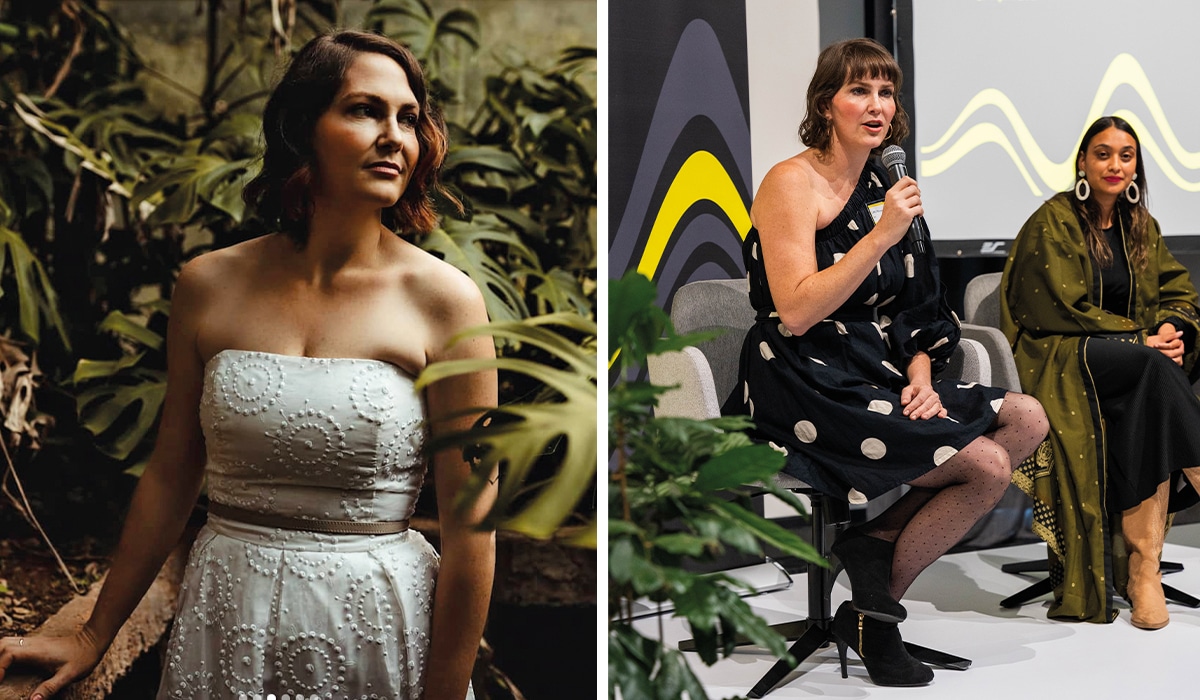
“My advice: find a law firm that supports women, not by their claims but by their actions,” Carlyn says. She explains that, over the course of her career, she has witnessed women creating the workspace they want to see for themselves. “In the last few years, my female colleagues have pushed for important changes in the compensation criteria and rules within our firm. I am an optimist with a pinch of realism, and I must admit that it remains harder being a female in the legal profession, especially if you want a family,” she adds.
Naadirah Moola
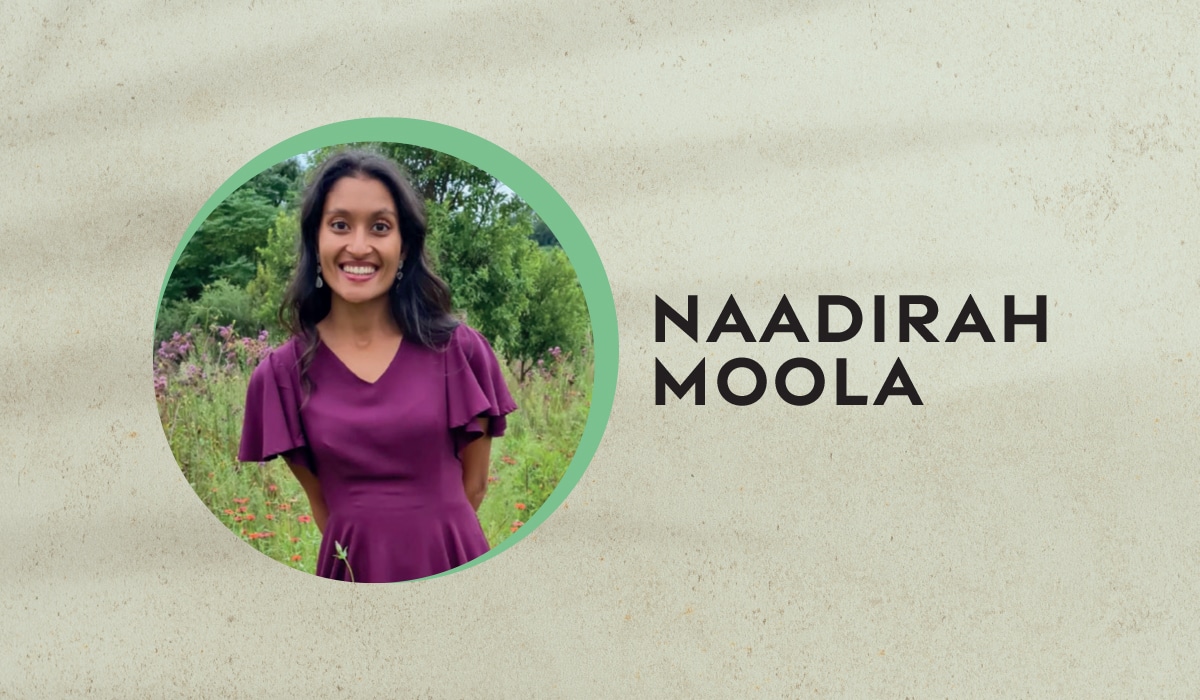
Forging a space for women in academia and sports, Naadirah holds a PhD in bioengineering and molecular cell biology. She completed a joint PhD through Ghent University in Belgium and the University of Cape Town.
“I’ve had quite a unique experience in the sense that my experience as a woman in this field has been phenomenal,” Naadirah explains. “I’ve had many opportunities forwarded my way quite wholly and openly and I felt that other women in the field have championed me and have made the same opportunities available to them, available to me. There’s really a great spirit of sharing.”
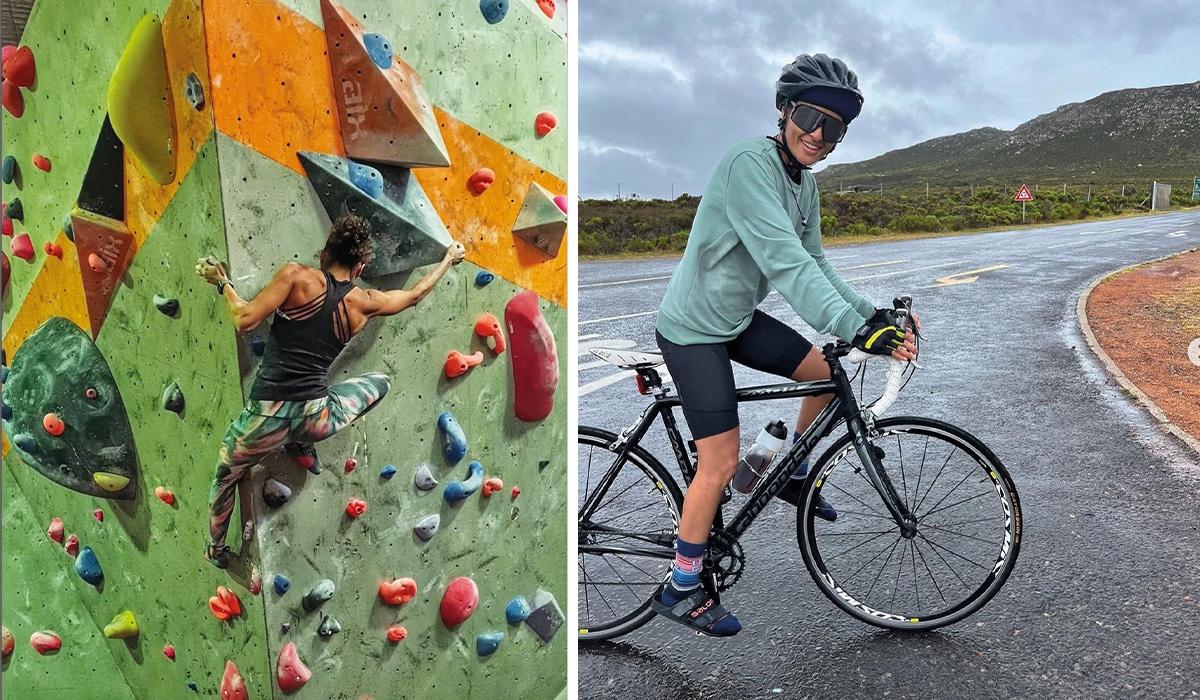
Despite the stigma of STEM being a male-dominated space, Naadirah reflects on all the support and encouragement that she has experienced throughout her career. Yet, she still sees others and even herself struggle to take up space. “Women need to be more assertive,” Naadirah says. “I wish this weren’t the default and that women didn’t necessarily have to use their assertiveness to have the same opportunities as another person.”
Alongside her academic career, Naadirah is also an accomplished athlete. She has competed professionally for running and cycling as well as rock climbing – spaces in which, again, she’s experienced great fulfilment alongside an awareness of how many systems are set up to favour male participants by default. “There’s a lack of awareness or understanding about the difficulty of it and the extra barriers that exist for women,” Naadirah says. She explains experiencing constant fear when running and always needing to carry defence weapons. “Something that has really changed my feelings around my safety is jujitsu. It was so empowering and changed how I felt about my own protection and made me a little bit more confi dent moving around in spaces,” adds Naadirah.
Vuyisile Hlongwa Jaca
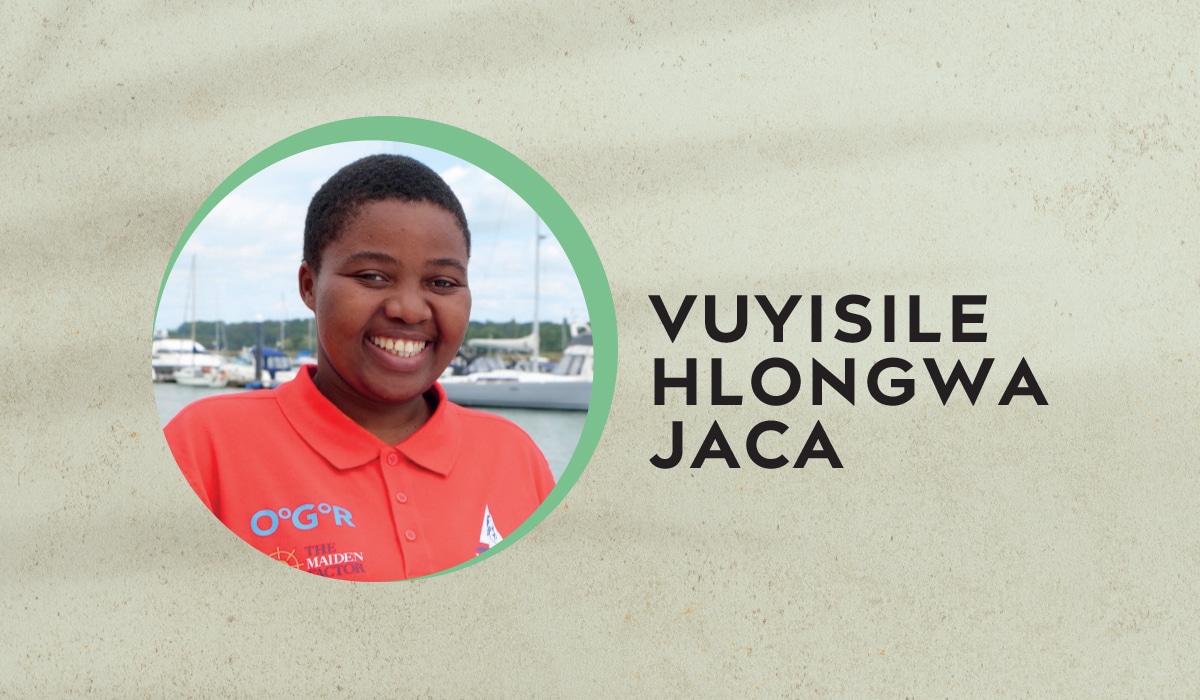
Flying the flag of female empowerment, Vuyisile Hlongwa Jaca recently made history as one of the first black, African women to circumnavigate the world, passing through the notoriously treacherous route of the Cape Horn, along with her fellow crew members.
“When I first started sailing, I didn’t know how to swim. But I quickly developed a love for the sea and sailing,” Vuyisile shares. She was introduced to nautical science back in high school, where her teacher would take their class to the harbour at Sail Africa to sail once a week. It was here that she was taught how to safely navigate the boat without the fear of drowning. “To be the first Black woman in the whole continent to circumnavigate the world via Cape Horn really means a lot. It is a lifetime achievement that no one will ever take away from me. It’s like I have graduated at sea.”
Maiden, the yacht that is responsible for this record-breaking moment, took the prize as the first all-female crew to round the Cape Horn, and makes history once again as the first yacht to sail around the Cape Horn with the first black African woman as part of the crew.
“We’re breaking the barriers in the sailing industry,” Vuyisile says. “It was a historic moment for every woman out there in the world, not only for Black women or female sailors. My hope is that others are inspired by my story and see that it is possible. Regardless of where you come from or what race you are, anything is possible if you put your mind to it.”
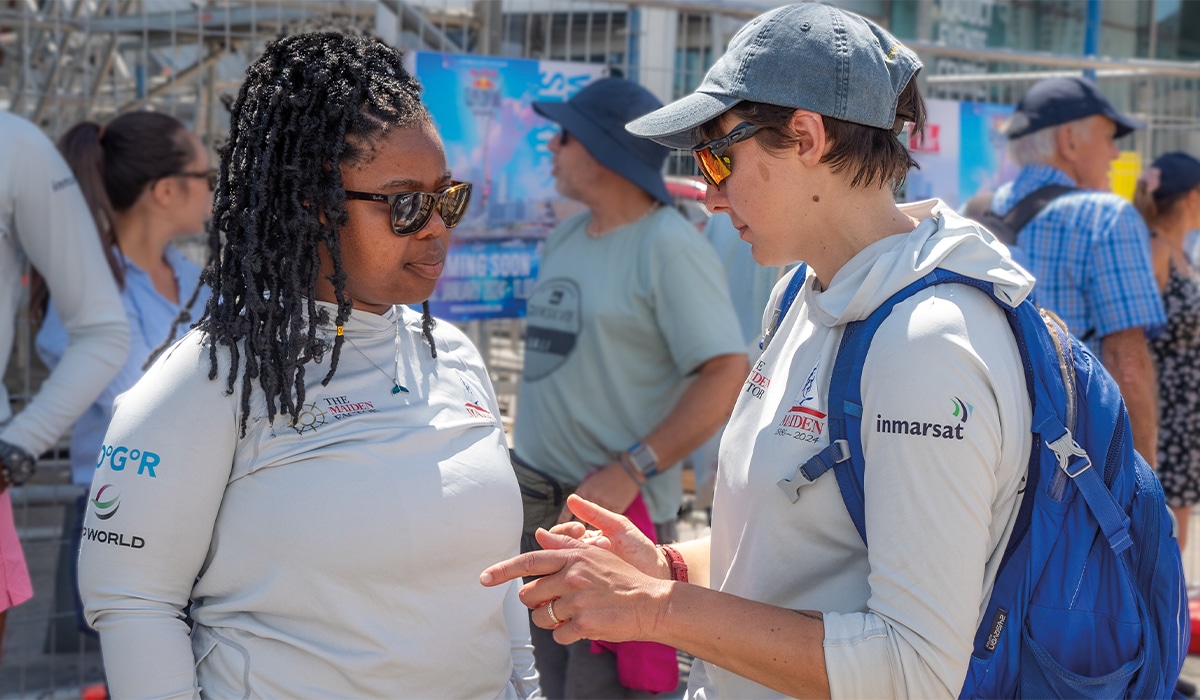
Words by: Nabeela Karim
Photography: Gallo/Getty Images



